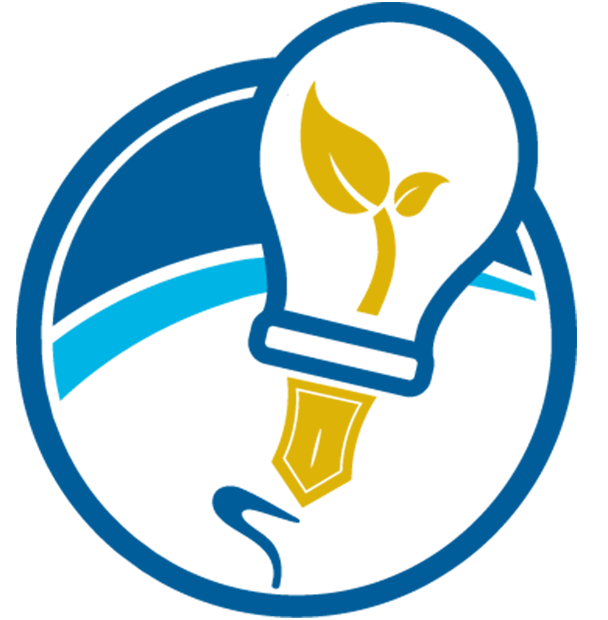Website resources to help you stay involved in your research and develop professional skills
The Undergraduate Research Center has compiled various online resources that can help you to think critically about your research, learn techniques and engage in professional development.
- Find and Search the Research Literature
Finding journal articles related to your research is an important skill to help you learn more about your field, compile citations and keep up-to-date with new advances. Here are some good resources with advice about searching the literature and different databases:
https://www.library.ucdavis.edu/guide/uwp-104f-lord/
https://www.youtube.com/watch?v=IbHCY1NAa24&feature=emb_logo
Setting up “alerts” or an RSS feed to get regular updates about literature in your field
Subscribing for “alerts” or an RSS feed are powerful tools that can help researchers receive regular updates and stay up-to-date about literature in their field. (The acronym RSS stands for Really Simple Syndication or Rich Site Summary.) Steps for subscribing to alerts vary in different databases or publishers. Publishers will often have a page listing RSS feeds or email alerts for all of their journals.
https://dukeupress.wordpress.com/2014/02/04/the-value-of-rss-feeds-for-academics/
https://en.wikipedia.org/wiki/Comparison_of_feed_aggregators
Consider opening a Feedly account: “Keep up with the topics and trends you care about, without the overwhelm.” Feedly is convenient because it uses your Google account.
https://feedly.com/i/welcome
Set up Google Scholar Email Alerts
https://scholar.google.com/intl/en/scholar/help.html#alerts
Set up PubMed Email Alerts
https://www.nlm.nih.gov/bsd/viewlet/myncbi/jourup/index.html
Set up Science magazine Email Alerts and RSS Feeds
https://www.sciencemag.org/about/email-alerts-and-rss-feeds
Check out the ACS Journal RSS feeds
https://pubs.acs.org/page/follow.html?widget=follow-pane-mobile
- Write a literature review
Write a literature review of your research topic – One of the best ways to learn more about your research topic is to write a literature review! This is also useful as part of an Honors Thesis, for the introduction/background section of a publication, or for a Provost’s Undergraduate Fellowship. Here are some good resources with advice about writing a literature review.
https://www.scribbr.com/dissertation/literature-review/
https://www.youtube.com/watch?v=rnHvO5aRXq0
https://www.youtube.com/watch?v=-ny_EUJXHHs
- Watch research and science education videos on JOVE.com
JOVE has both research and science education videos that will benefit your research and lab classes, and also help you learn more about techniques of interest to you.
JOVE education videos - Great resource to help learn content for labs, research and lecture! These are peer-reviewed and professionally made videos (so are more reliable than some YouTube videos). Free access until June 15, but our library also has a subscription)
https://www.jove.com/science-education-library
JOVE Journal research videos – A visual research journal with results and techniques in many research areas. These videos are peer reviewed and professionally done, including results of new research. Great resource to find topics and techniques related to your research interests. Also has a comments/Q&A section for each research video.
https://www.jove.com/journal
- Watch virtual seminars/webinars about research
There are many great webinars and virtual seminars about scientific and professional development topics that can help you learn about a topic, practice skills, or consider grad school opportunities. Check out some of the links below. To build critical thinking skills when you watch a seminar or webinar, practice writing 2-3 questions you would ask the speaker about the topic or their ideas. If it is a scientific seminar, try to look up at least one paper from the speaker to learn more about their work or the topic – in the same area or for another project.
Webinars from Science Magazine in all areas of science
https://www.sciencemag.org/custom-publishing/webinars
Virtual seminars and interviews on ACS Division of Organic Chemistry website:
https://www.organicdivision.org/videos/
https://www.organicdivision.org/videos/historic-chemistry-videos/
https://www.organicdivision.org/eminentorganicchemists/
Watch ACS webinars for science and professional development (on ACS website):
https://www.acs.org/content/acs/en/acs-webinars/professional-development.html
Watch ACS webinars related to technology innovation:
- Watch and practice science communication
Tips for Science Communication:
https://agentmajeur.com/science-communication/
https://www.ascb.org/science-policy-public-outreach/science-outreach/communication-toolkits/best-practices-in-effective-science-communication/
https://www.aaas.org/resources/communication-toolkit
AAAS Resources for Science Communication
https://www.aaas.org/resources/communication-toolkit/communication-fundamentals
https://www.aaas.org/resources/communication-toolkit/using-multimedia-visuals
https://www.aaas.org/pes/mini-workshops
And-But-Therefore Framework for Story-telling (Randy Olson)
https://blogs.scientificamerican.com/observations/how-the-word-but-could-save-the-world/
https://www.youtube.com/watch?v=ERB7ITvabA4
https://www.youtube.com/watch?v=BfnxfNJRk7g
- Learn a modeling software
One example is STELLA (Systems Thinking for Education and Research; from isee Systems), a modeling software package that diagrams, charts, and uses animation help visual learners discover relationships between variables and helps simplify model building. Users can download a free trial that has significant features to learn how to use the software. Sample Models are available.
https://www.iseesystems.com
https://exchange.iseesystems.com/directory/isee
https://en.wikipedia.org/wiki/STELLA_(programming_language)
- It's the perfect time to do an IDP (Individual Development Plan)
Links about why IDPs are important, and samples:
https://grad.berkeley.edu/wp-content/uploads/idp-berkeley.pdf
https://www.unl.edu/gradstudies/docs/gradIDP_form_sample.pdf
https://grad.ucdavis.edu/professional-development/individual-development-plan-idp/IDP-STEM
https://www.sciencemag.org/careers/2012/09/you-need-game-plan
links to recommended IDP websites:
http://myidp.sciencecareers.org
https://chemidp.acs.org
